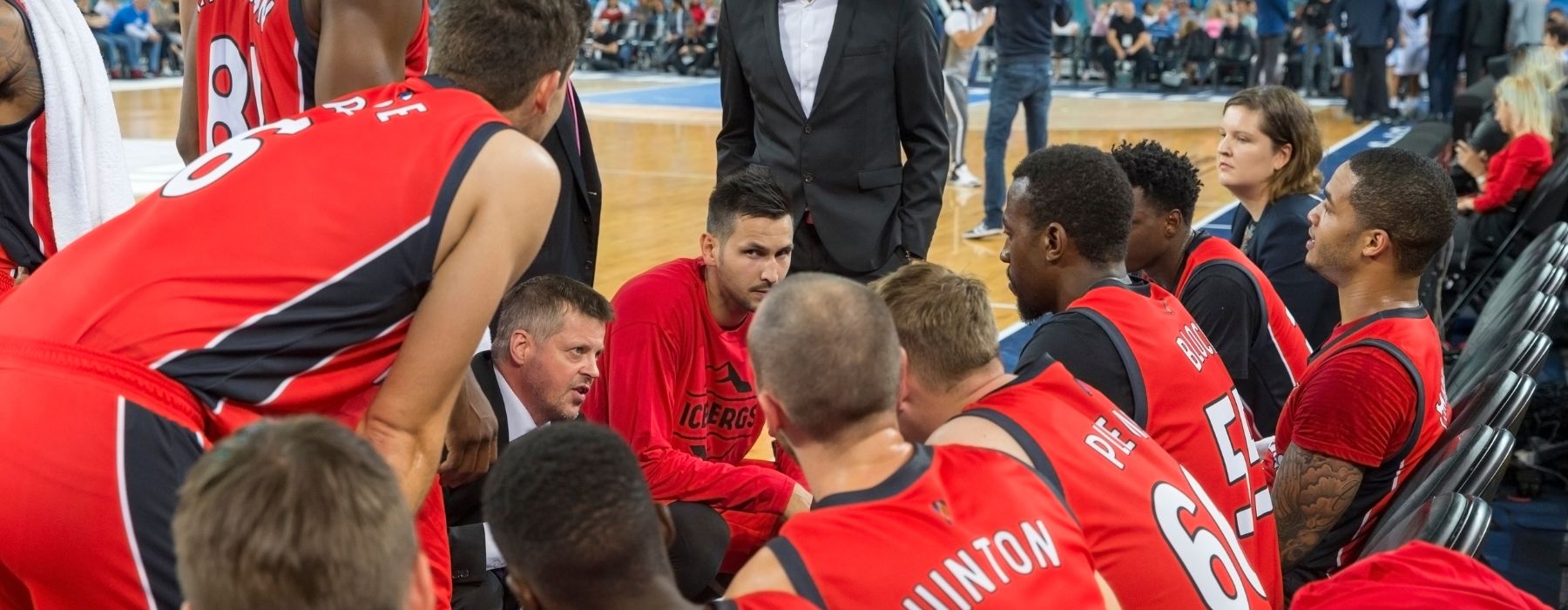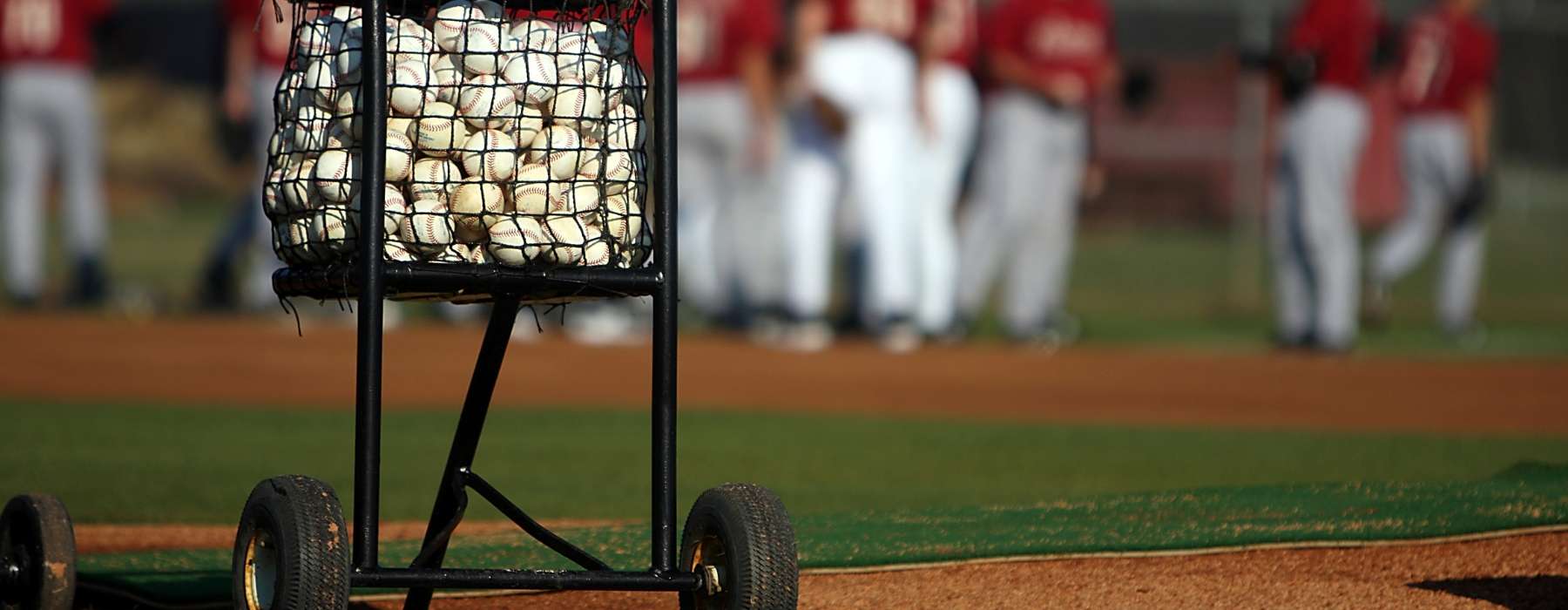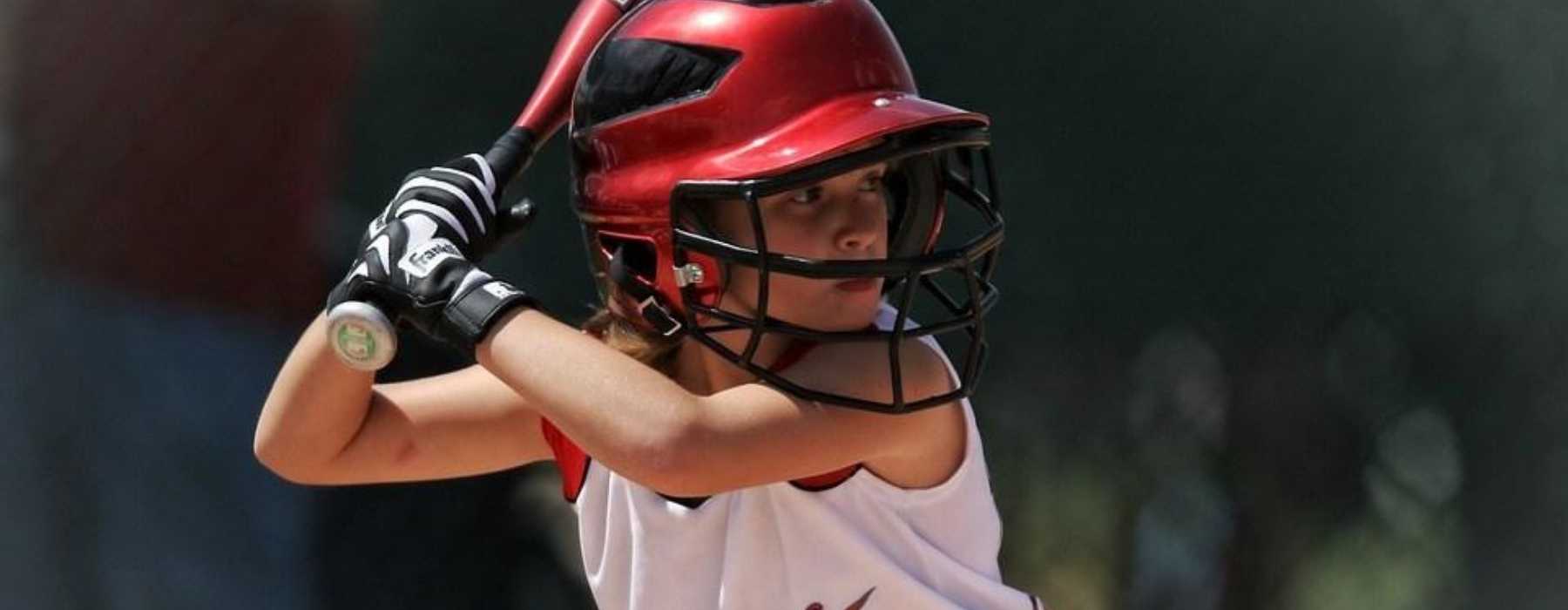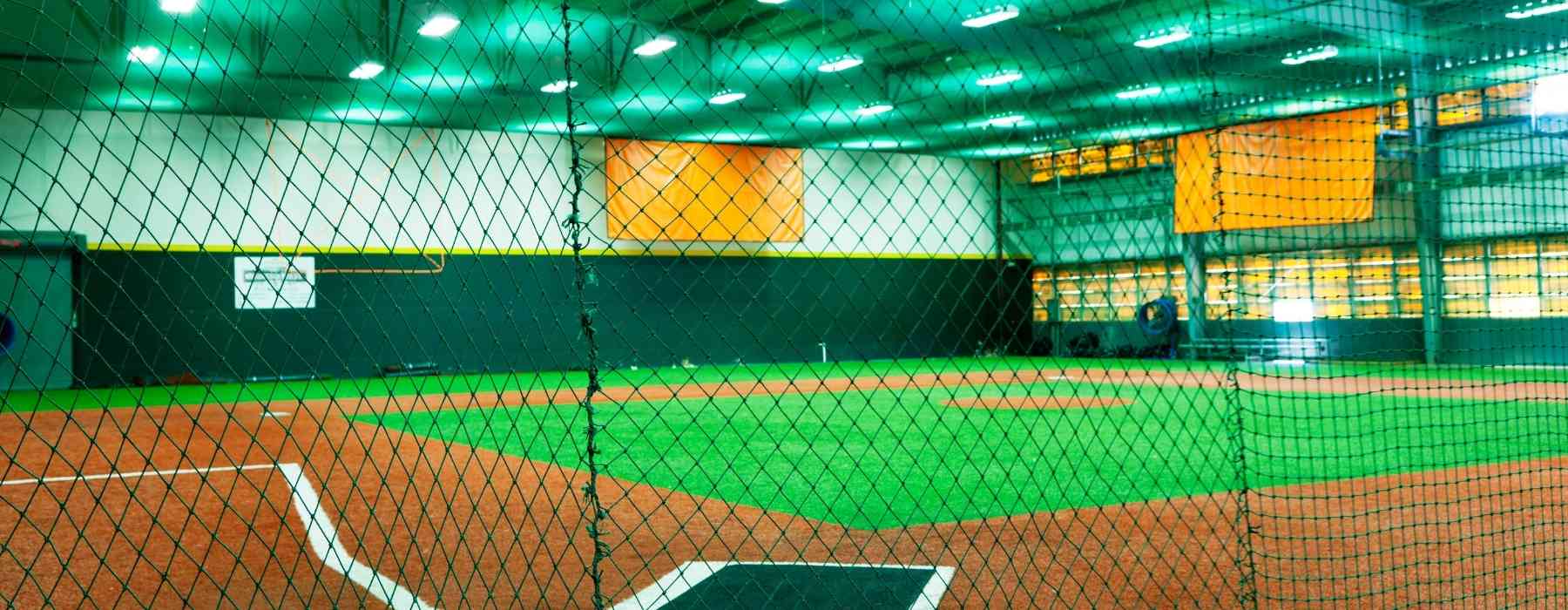If you are coaching any varsity sport, you know that building and maintaining a competitive high school program is hard work. Regardless of the sport, it takes a lot of time and intentional planning.
That said, it's important to remember that each of us is in a different situation. As a result, what works for me in my program might not work perfectly for you.
Some of us have programs that are very advanced. And others are still at the ground floor trying to build from scratch.
But regardless of where you fall on the spectrum with your program, there are some common things that can help ALL of us as we work towards building (or maintaining) a competitive high school program.
Key #1: Learn How to Teach Your Sport Really Well
If you cannot teach the game well, your players and their parents will not take you seriously. If I took over a high school volleyball program, it would be a disaster. I may know the rules of the game, but I have no idea how to teach it.
Watching the sport does not make me an expert in teaching the sport. Just because I’ve watched a lot of volleyball, I know that I would be a terrible volleyball coach.
Because I know this, if I were to take over a volleyball program (which for everyone’s sake hopefully never happens), the first thing I would do is spend a lot of time learning, reading, watching instructional videos, going to conferences, etc.
Learning how to teach the game is something that every good coach never stops doing.
Key #2: Develop Grassroots Level Programs
This might be summer camps for Kindergarten-5th Grade. Or perhaps you start your own “mini-league.” We once started an “In-House” League for our K-5th Grade students simply because many of them do not go and join their local little league…which means we needed to do some things to expose them to the sport.
No matter what you do, you must do something. Be creative and think “outside the box.” Youth camps and programs are a great way to make a little extra income doing something you love while also building interest in your program.
And don’t be afraid to start small. Personally I have had instances where we have had 5 kids show up the first year for certain programs. But you have to start somewhere!
If you are in a situation where a local sports league is your main feeder program, then consider getting involved. Perhaps you invite those kids to your summer camp. Or maybe you take some time to give some instruction at one of their practice days.
Even if it is only for a couple of hours for one afternoon your presence will be noticed and appreciated.
Key #3: Find Key Specialists in Your Area
The key here is to know if you have any "holes" in your program.
My background is heavy in baseball and fastpitch softball. But I recognize that I am not a pitching instructor. While I could teach some basics, I am well aware that there are others that are more well-trained than myself.
Ask around to find out who the more reputable instructors are in your area and then push kids to them. Better yet: If you can convince a local instructor to join your coaching staff you will have a major asset for the future of your program!
If you live in a rural area that does not have instructors, then you will need to learn how to teach these areas yourself. If this is you, then get your hands on videos and books and begin teaching some players in your program. With time and practice, you can learn how to teach each area of your sports. The more you do it, the more advanced you will become yourself!
Key #4: Be VERY Patient
Coaching a high school team can be very rewarding, but at the same time the reality is that building a program takes time and lots of patience.
While some programs may receive an abundance of transfers that make them great for a year or two, the key to developing a lasting program is having a plan to develop players and interest at all ages.
Key #5: Get the Right Equipment
While some programs may have a large budget, others may be starting from scratch. Either way, planning ahead and gradually adding to your practice & game equipment is essential.
Whether its scorebooks, lineup cards, or practice balls, you need to plan ahead so that you can best help your players by running an efficient program.
Not only will the time, patience, & planning that you put into your program help your teams be competitive every year, it makes coaching much more rewarding as well! So take one thing at a time, & start today!












